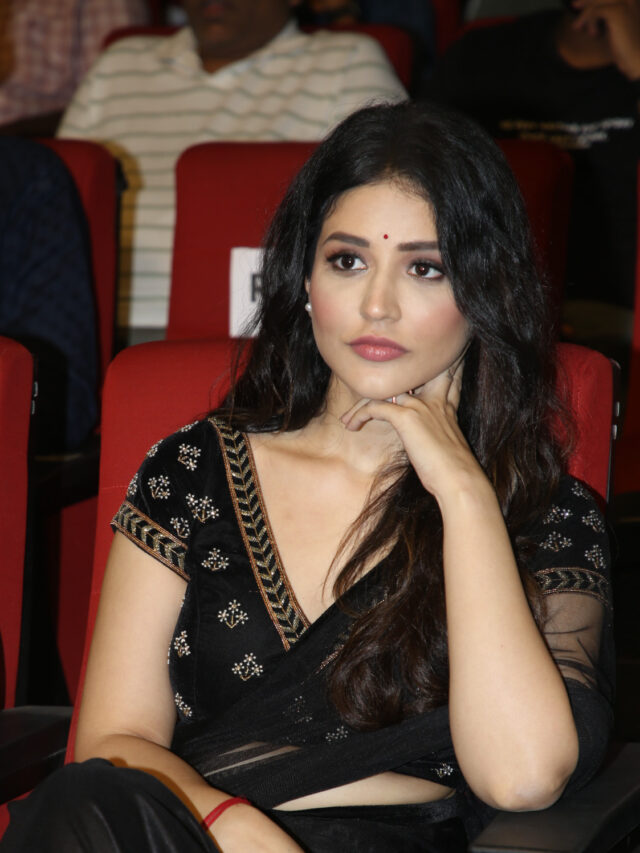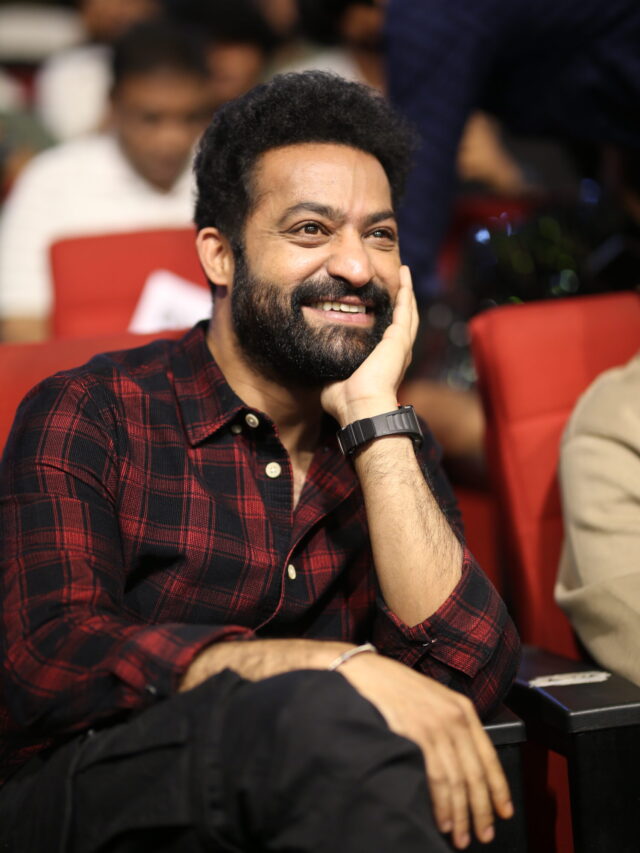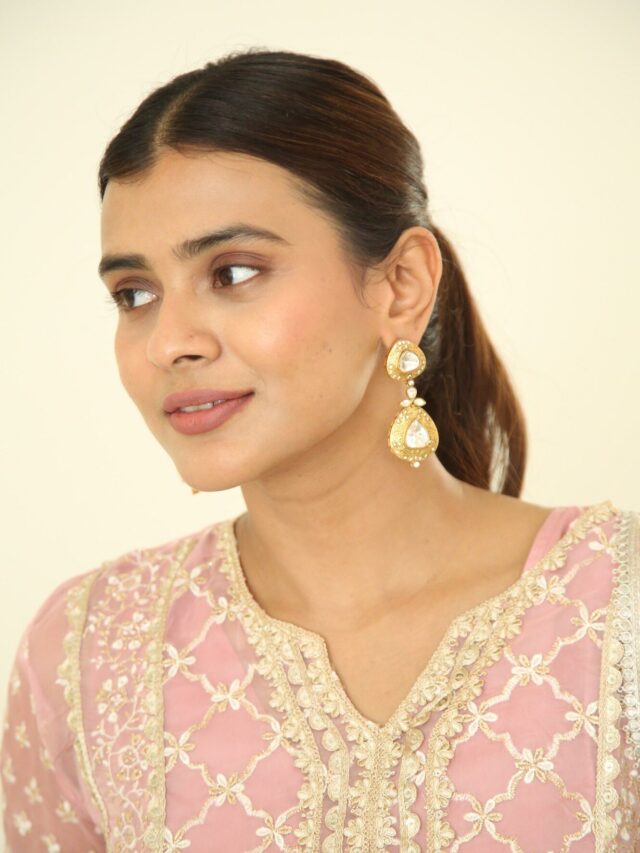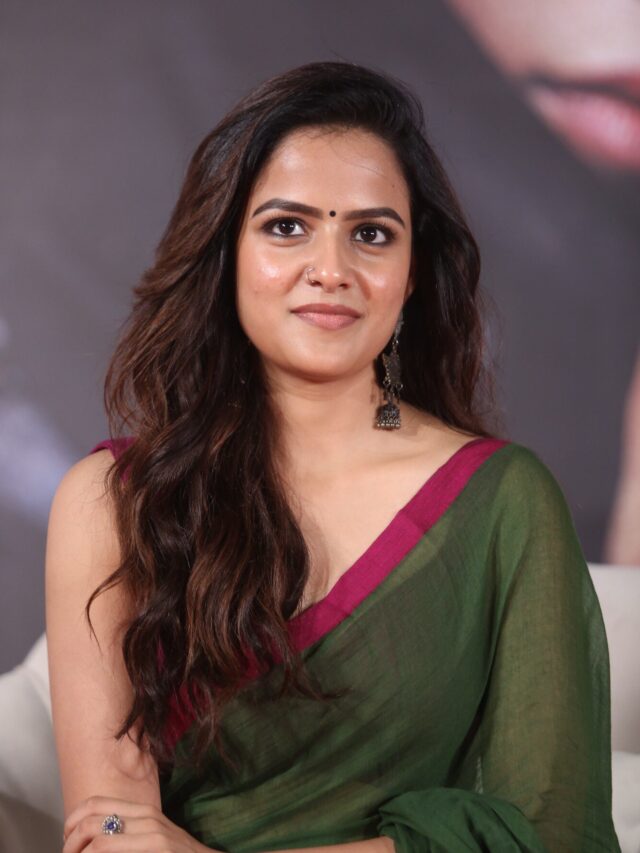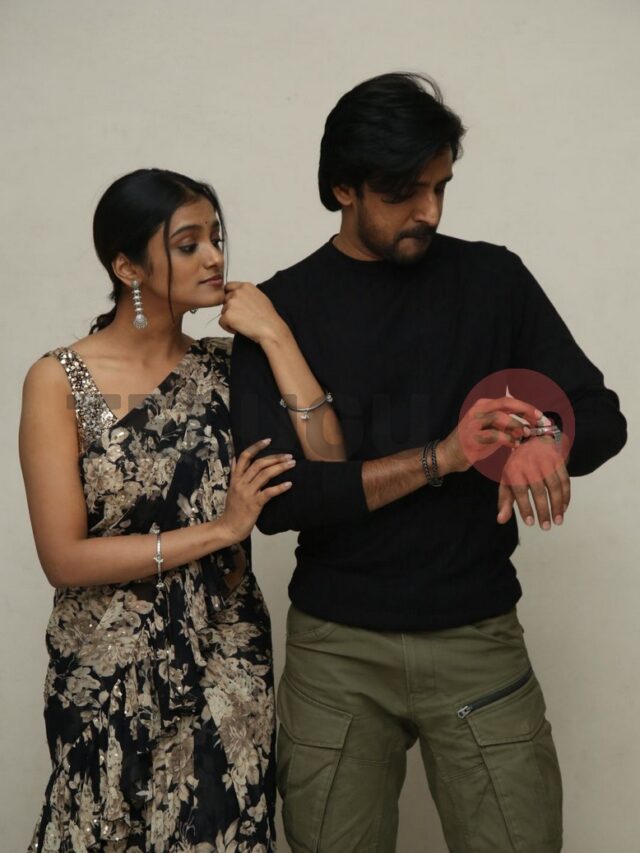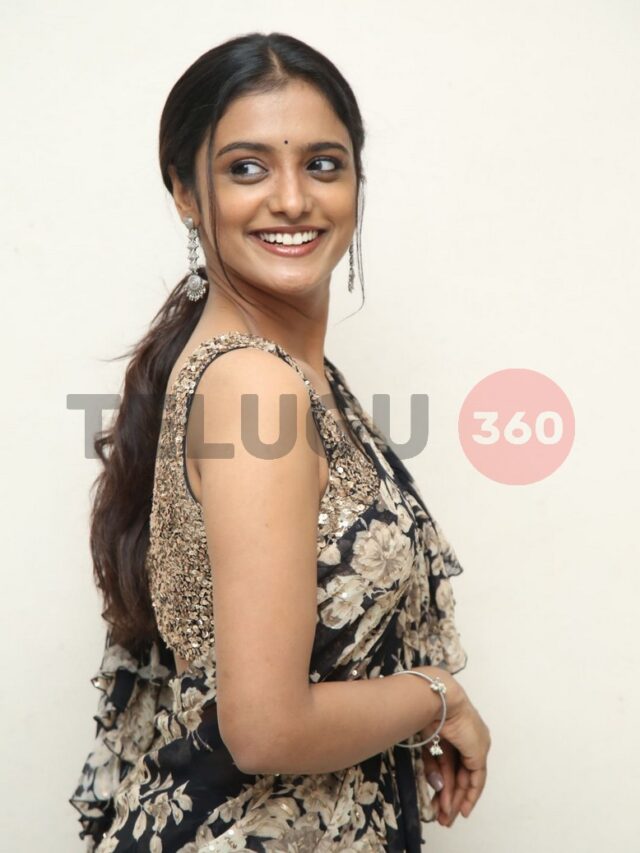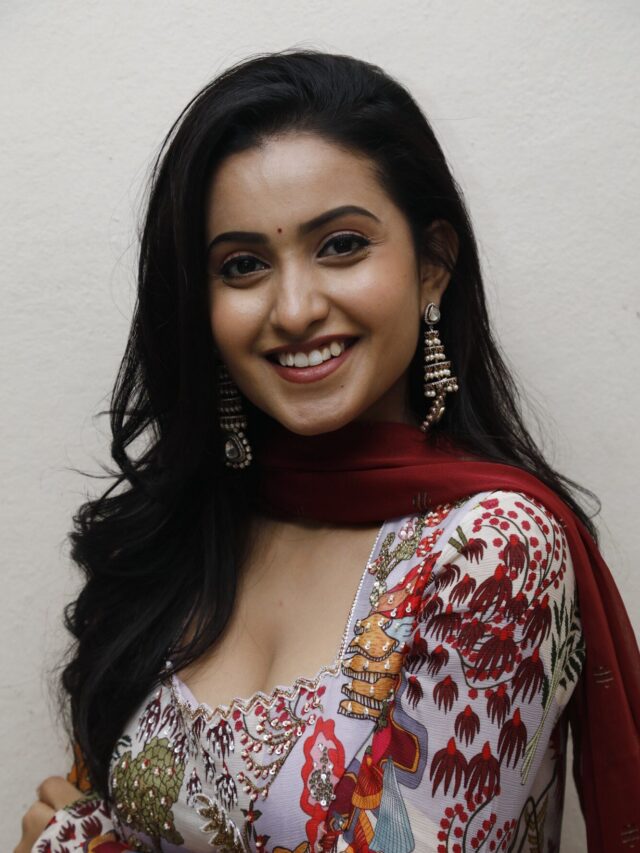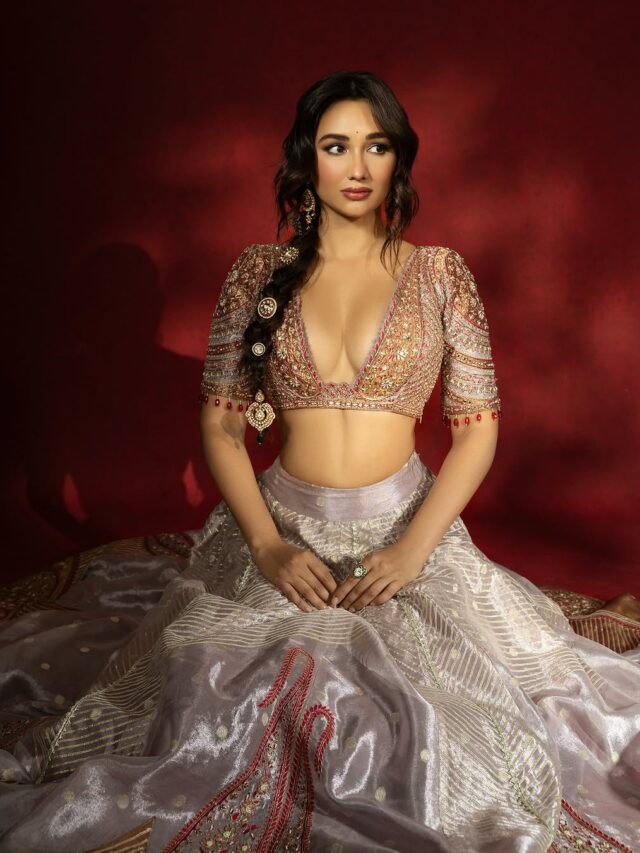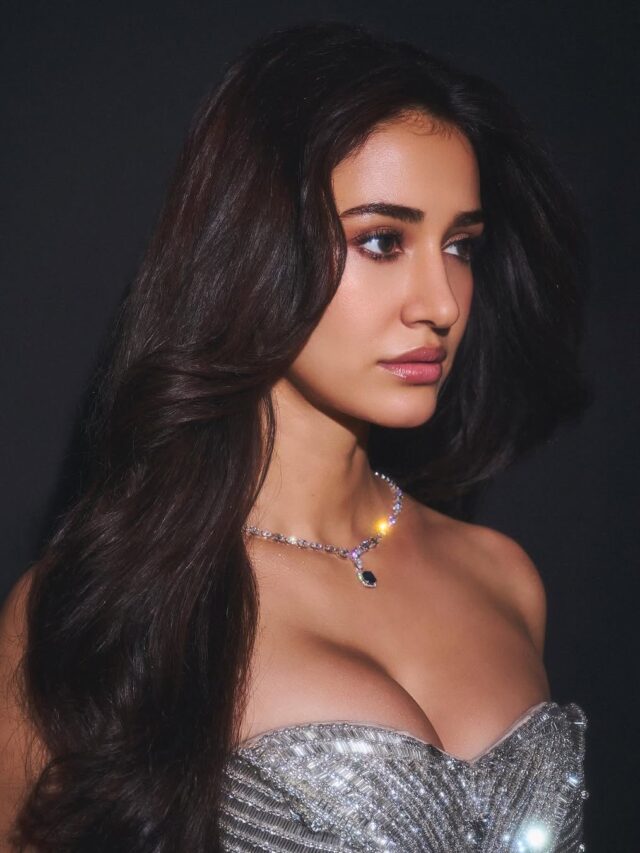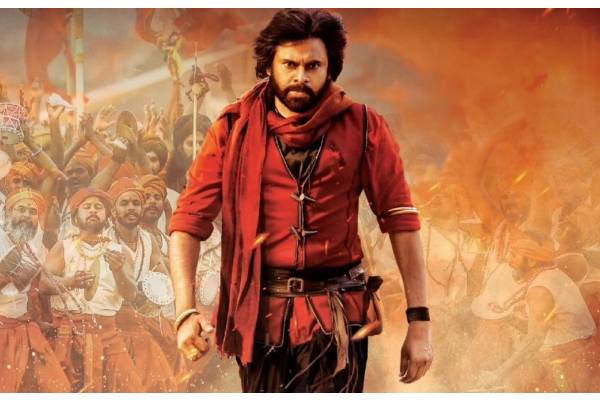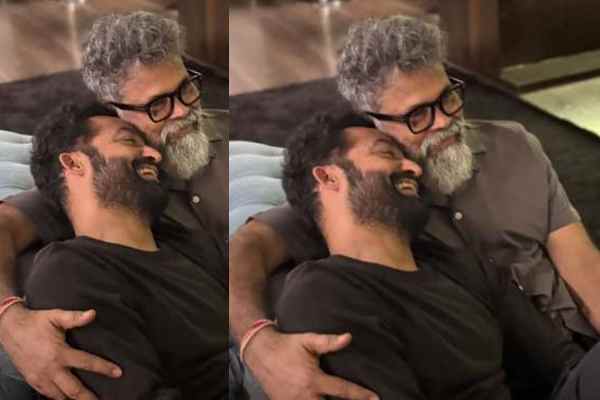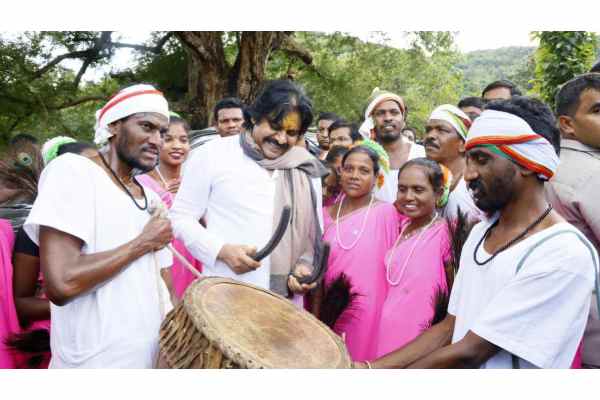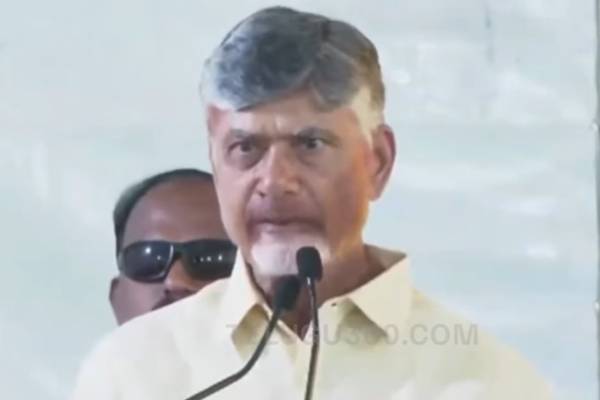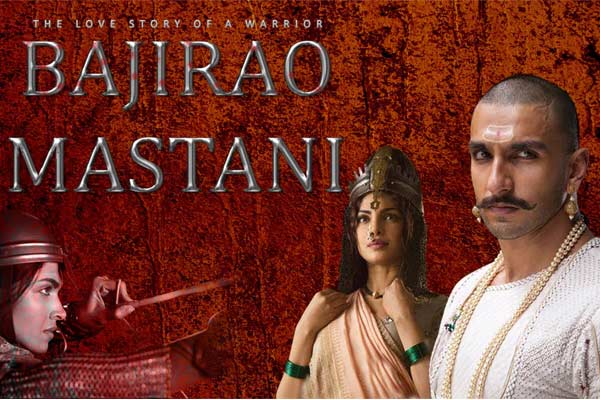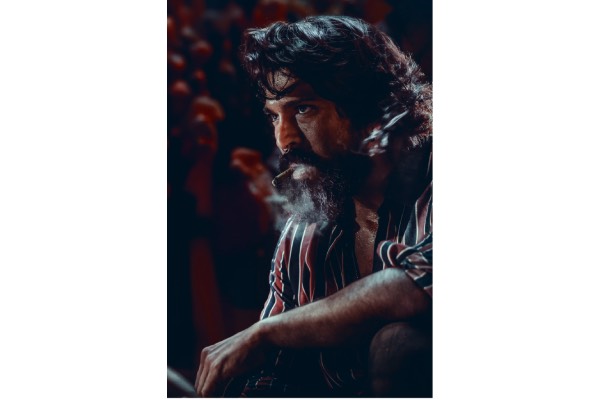For as long as he set foot in Bollywood, Sanjay Leela Bhansali only dreamt of one mega project in his life – Bajirao Mastani – the saga of the legendary Peshwa of the Maratha empire and his dear second wife Mastani. Almost a decade back, he dreamt of making it with only Salman Khan and Aiswarya Rai until the duo’s screen sharing chances forever evaporated. A decade after, times rolled and the talented film-maker finally realized that dream with a pair who breath fire on screen with their chemistry – Ranvir Singh and Deepika Padukone as Bajirao Ballal and Mastani. And backed with an impeccable starcast of Mahesh Manjrekar (as Chatrapati),Aditya Pancholi (as Pant Pratinidhi), Milind Soman (as Senapati), Yatin Karyekar (as brother of Baji Rao), Tanvi Azmi (as mother of Baji Rao),Raza Murad (as Nizam of Deccan). The surprise packet of the film, of course, has been Priyanka Chopra as the first wife of Baji Rao.
The story is largely based on the love story described in the book by N.S. Inamdar called “Rau” between the Brahmin Peshwa (equivalent to Prime Minister) – Baji Rao and the girl called Mastani who seeks out Rao’s help in saving her kingdom Bundelkhand from a usurping Muslim king. Rao saves the kingdom and Mastani falls in love with the swashbuckling and valiant warrior. The Peshwa is loyal to his first wife and refuses love but later falls for the persistent love and valor of Mastani inviting a series of challenges that undermine his long-established supremacy as the ruling head of the Marathas. He continues to annex new kingdoms and forge new alliances with dominions in expanding the sphere of Maratha influence far upto Delhi, Bengal and down South upto Deccan. The story revolves around the battles on the field and the battles of the mind that Baji Rao wages as he gets torn between love and war – fighting the demons in his mind and polishing off many adversaries in his march to consolidate the Maratha empire – the last one to do before the Mughals and the British had their heydays.
In 158 minutes, Sanjay Leela Bhansali weaves a magnificent epic that lays a feast of royal exuberance, rich romance, extra-ordinary wartime visuals and verbal confrontations between family members and internecine kings in a screenplay that moves faithful to Inamdar’s book without much ado. The strength of the film is the extra-ordinary detail of the maker to the authentic royal motifs of Maratha grandeur which swept India once upon a time – from palaces and courtyards worthy of the great empires of the world to costumes that reflect royal demeanor. After a few debacles in the past, Bhansali returns with an energetic story that will fire the imagination of a generation about another improbable love story that defied all religious norms and Brahminical orthodoxies of a conservative empire where polygamy was unacceptable unlike the Moghal dynasty which believed otherwise. In typical SLB style, there are electrifying though contrived confrontations between the different characters of this love story. This sometimes takes bizarre cinematic turns which seems to be a recurring pattern in his films – such as the confrontation between Baji Rao and his brother, between Rao and his mother, between Rao and his first wife Kashi, between Kashi and Rao’s mother and finally, between Kashi and Mastani.
While the first half dazzles with a fair share of battle scenes and human drama, the second half drags a lot and gets stuck with repeat scenes of the growing helplessness of Baji Rao to go against the grain of orthodoxy which results in a sea of emotions that disrupt the winning streak of the legendary Peshwa and heralded the decline of the empire assiduously built by the erstwhile Shivaji and Sambaji. The end has all the pathos and depth of a tragedy that churn your emotions inside out.
Performances-wise, Ranvir Singh outshines everybody as the hero of the Marathas whose rise to power and hunger for consolidation is unsurpassed in modern military history. Whether aggrandizing swords, or vanquishing the enemy or striking strategic deals, Ranvir Singh lives the role of Baji Rao-I with nuances that were not captured by any comic book or record of history. There is no doubt, Ranvir has the potential to upstage every new age hero and the clan of Khans if he consolidates his performance from here. Deepika Padukone performs like a poem with an immortal performance as a courageous girl who asserts her love and self-respect. Grace amidst pressure, poise in storms, Deepika acts with her eyes. But it is Priyanka Chopra who steals the show between the two girls as she shows how a woman who loses her primordial status can still save her husband’s dignity and sanity. Her dressing is embellished with all the feminine grace of a Marathi conservative but her emotions convey a million emotions in each scene.Tanvi Azmi as the mother of Rao gives a dazzler of a performance as the fastidious guardian of a Peshwa’s values. The ending seems abrupt as with all of Bhansali’s films who just doesn’t know how to finish off a good story better.
By concentrating on the love story till the end, the director lost a golden opportunity to tell how Baji Rao’s legacy helped create the first nation-building campaign for an empire, how the successors grappled with the resurgence of Moghuls and Muslims in the South from the Deccan to Mysore post-Baji Rao’s death. While the treatment of love story may exempt the director from the historical errors of omission and commission, the one-dimensionality proves boring at times. Since there cannot be a sequel in this kind of ambitious project, a lifetime chance is missed by Sanjay to capture the essence of a revered Warrior-General in shaping the modern Maharashtra. This makes it slightly less perfect than what a Asutosh Gowariker does when researching a historical that is not just based on somebody’s figment of imagination. For example, there are some characters and scenes that resemble “Jodha Akbar” but the depth and authenticity sometimes go missing in “BRM” – you get a feeling that the Peshwa is an authority in himself but in truth, he was acting as the imprimatur of the Chatrapati and with the implicit support of the King Shahu. That clarity was missing with the result that the hegemony virtually never went unchallenged till the end. The Second Peshwa, as represented by Baji Rao was actually charactrerised in Amar Chitra Katha comics as the one who won as many more battles of the mind as battles on the field. Despite these imperfections of scripting, Sanjay Leela Bhansali gives a cinematic high with his version of Baji Rao with arresting visuals and an emotionally-surcharged love story that will be much talked about. The debates on religious differences are well handled and the dialogues resound with emphatic undercurrents of today’s society at large. Another highlight of this movie is the outstanding BGM and songs composed by Sanjay Bhansali – here is a director like Vishal Bharadwaj who knows music too well to punctuate his films with what he wants us to process the film’s grammar as. Sanjay’s talent as a music composer must finally outweigh his capabilities as a director because it has all the range and rhapsody of blockbuster music – with the melody and rhythms that can make you swoon over and again.
An imperfect film but a must-watch for the visual blast it offers, whether you agree or not with the interpretations of history it purports to tell.
Telugu360.com Rating: 3.5/5



